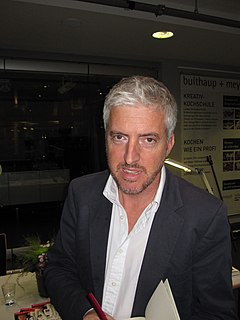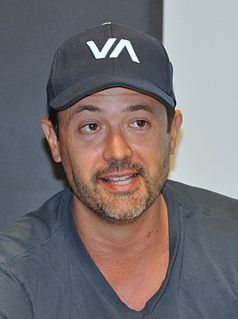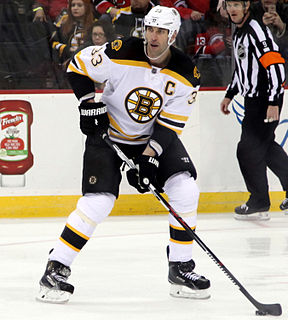A Quote by Ruth Bader Ginsburg
At Cornell University, my professor of European literature, Vladimir Nabokov, changed the way I read and the way I write. Words could paint pictures, I learned from him. Choosing the right word, and the right word order, he illustrated, could make an enormous difference in conveying an image or an idea.
Related Quotes
We cannot control the way people interpret our ideas or thoughts, but we can control the words and tones we choose to convey them. Peace is built on understanding, and wars are built on misunderstandings. Never underestimate the power of a single word, and never recklessly throw around words. One wrong word, or misinterpreted word, can change the meaning of an entire sentence - and even start a war. And one right word, or one kind word, can grant you the heavens and open doors.
The word 'abstract' comes from the light tower of the philosophers. One of their spotlights that they have particularly focused on 'Art'. [Abstraction was] not so much what you could paint but rather what you could not paint. You could not paint a house or a tree or a mountain. It was then that subject matter came into existence as something you ought not have.
With so much reading ahead of you, the temptation might be to speed up. But in fact it’s essential to slow down and read every word. Because one important thing that can be learned by reading slowly is the seemingly obvious but oddly underappreciated fact that language is the medium we use in much the same way a composer uses notes, the way a painter uses paint. I realize it may seem obvious, but it’s surprising how easily we lose sight of the fact that words are the raw material out of which literature is crafted.
One book that has meant much to my writing is W.G. Sebald's The Emigrants. He uses a photograph of Vladimir Nabokov hunting butterflies in a similar way. The image or a reference to the image is traced throughout the four separate narratives. It sometimes seems to be the only link between the pieces, while the symbol Nabokov cuts remains wide open, a pencil sketch, a mystery to interpret outside his role as emigrant/observer.
I feel like the reason I ended up becoming a playwright is because I never choose the right word. As a kid, my fantasy profession was to be a novelist. But the thing about writing prose - and maybe great prose writers don't feel this way - but I always felt it was about choosing words. I was always like, "I have to choose the perfect word." And then it would kill me, and I would choose the wrong word or I would choose too many perfect words - I wrote really purple prose.
It was an incredible way to grow up, because words that you're taught - these definite things - you realize they sort of beautifully fall apart; that words are tenuous. In the middle of a large word, there's a small word that possibly contradicts the larger word. So I grew up where, on the one hand, the only thing I would ever think of doing was something in writing, music, or art, and on the other hand, I could've reacted strongly against it because it would've been a way to rebel.
When I was at the University of California at Berkeley, I went to some classes that must have had more than four hundred students in them. I almost always sat in the far back of the auditorium so I could read the newspaper. I remember that I stayed late one day to ask the professor a question, and when I got up to him, all I could think to myself was, 'So this is what the professor looks like.
I think if a writer is not endeavoring to expand and alter consciousness in himself and in his readers, he is not doing much of anything. It is precisely words, word lines, lines of words and images, and associations connected with these word and image lines in the brain, that keep you in present time, right where you are sitting now.
Instead of making others right or wrong, or bottling up right and wrong in ourselves, there's a middle way, a very powerful middle way...... Could we have no agenda when we walk into a room with another person, not know what to say, not make that person wrong or right? Could we see, hear, feel other people as they really are? It is powerful to practice this way..... true communication can happen only in that open space.


































